When it comes to sewing, choosing the right thread is just as important as selecting the perfect fabric or sewing machine. Whether you're quilting, crafting garments, or working on home décor, the quality of your thread directly affects your stitches, durability, and overall finish.
That’s where Sew Easy Threads comes in. Designed for sewists of all levels, it offers high-quality, durable, and smooth-gliding threads that enhance your sewing experience—without the frustration of breakage, tangling, or tension issues.
In this guide, we’ll break down how to choose the perfect thread for your project, avoid common thread mishaps, and even make more sustainable choices for eco-conscious sewing.
Understanding Sew Easy Threads: Quality That Makes a Difference
Not all threads are created equal. The material, thickness, and type of thread you use can make or break your sewing project. Sew Easy Threads is crafted for strength, smoothness, and longevity meaning fewer tangles, less lint buildup, and better stitch quality.
Let’s take a closer look at different thread materials and their uses.
Natural Fiber Threads
-
Cotton: Soft, breathable, and perfect for quilting or lightweight fabrics. Sew Easy Threads cotton options ensure minimal lint and maximum durability.
-
Silk: Luxurious and strong, best for delicate fabrics like silk and satin.
-
Wool: Textured and thick, great for embroidery or decorative stitches.
Synthetic Fiber Threads
-
Polyester: Versatile and stretch-resistant, ideal for everyday sewing. Sew Easy Threads polyester threads provide seamless stitching on various fabrics.
-
Nylon: Ultra-flexible and strong, best for upholstery and outdoor projects.
Blended Threads
-
Cotton-Poly Blend: The best of both worlds—natural softness with added strength.
-
Rayon Threads: Glossy and vibrant, perfect for embroidery and decorative work.
Pro Tip: If you’re working with stretchy fabrics, go with Sew Easy Threads’ polyester blend for superior flexibility and durability.
Why the Manufacturing Process Matters
Ever wonder why some threads fray, snap, or create lint buildup? The manufacturing process plays a huge role.
Sew Easy Threads is produced using advanced spinning and finishing techniques to ensure:
✔ Minimal lint, reducing machine maintenance
✔ Smooth glide through fabric and machine needles
✔ Extra strength, preventing thread breakage
Unlike cheap, low-quality alternatives, Sew Easy Threads is designed to help you sew effortlessly and efficiently—because no one wants to deal with thread that constantly snaps mid-project!
Decoding Thread Sizes and Labels
Ever pick up a spool and wonder what all those numbers mean? Here’s what you need to know:
-
Tex & Denier: These measure thread thickness the higher the number, the thicker the thread.
-
Weight (wt): Lighter threads (50 wt and above) are ideal for fine stitching, while lower weights (30 wt and below) are for decorative stitching.
Quick Tip: If you’re using a thicker thread, you’ll need a larger needle to prevent breakage.
Selecting the Right Thread for Your Project
Fabric Compatibility
✔ Cotton thread for cotton fabric
✔ Polyester thread for synthetic fabrics
✔ Silk thread for delicate materials like satin or chiffon
Purpose & Functionality
✔ Quilting? Go for mercerized cotton.
✔ Garment sewing? Polyester blends hold up better in the wash.
✔ Outdoor projects? Nylon or bonded threads resist moisture and UV rays.
Aesthetic Considerations
Do you want your stitching to blend in or stand out? Glossy threads like rayon or silk create eye-catching finishes, while matte threads give a more subtle effect.
Specialty Threads & Their Uses
Some projects require more than just your everyday thread.
-
Elastic Threads: Ideal for smocking, shirring, and gathering fabric.
-
Metallic Threads: Give embroidery and decorative stitches a shimmering finish.
-
Glow-in-the-Dark Threads: Yep, they exist! Perfect for novelty projects or kids’ clothing.
-
Heavy-Duty Threads: Best for upholstery, denim, and leather projects.
Troubleshooting Common Thread Issues

Sewing not going as smoothly as you'd like? Here are some fixes for common problems:
Thread Breakage
-
Using an old thread? It might be dry-rotted.
-
Tension too tight? Loosen it slightly.
-
Wrong needle size? Match it to your thread thickness.
Tension Problems
-
Looping on top? Increase your upper tension.
-
Loops underneath? Reduce your upper tension or re-thread your machine.
Lint & Build-Up
Cheap threads produce excess lint opt for high-quality brands to reduce fuzz.
Clean your bobbin case regularly to prevent snags.
Sustainable & Eco-Friendly Thread Choices
Want to be a more eco-conscious sewist? Consider these options:
-
Organic Cotton Thread: Free from harmful dyes and chemicals.
-
Recycled Polyester Thread: Made from plastic bottles durable and sustainable.
-
Hemp or Bamboo Threads: Great for environmentally friendly projects.
Sustainability doesn’t mean sacrificing quality. Many eco-friendly threads are just as strong and vibrant as traditional options!
Expert Tips for Thread Maintenance & Storage

Keep your threads in top shape with these easy maintenance tips:
✔ Store spools away from direct sunlight to prevent fading.
✔ Use airtight containers to keep moisture out.
✔ Label your threads by type and weight so you don’t mix them up.
✔ If you sew frequently, consider a thread stand to reduce tangling and improve machine feeding.
Ready to Elevate Your Sewing Projects? Hobbysew Has You Covered!
Now that you know how to choose the perfect sewing thread, why not stock up on the best quality options? At Hobbysew - My Creative Home, we offer a wide selection of premium sewing threads from everyday essentials to specialty threads for quilting, embroidery, and decorative stitching.
But we don’t stop at threads. Whether you need top-of-the-line sewing machines, expert repair services, or a fresh stash of fabrics and notions, we’re your go-to sewing destination in Australia.
Contact us today to explore our full range and take your sewing to the next level!


 Addi
Addi 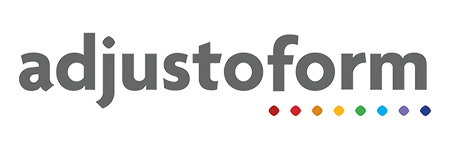 Adjustoform
Adjustoform 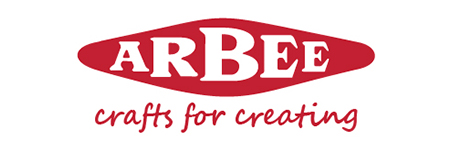 Arbee
Arbee  Batik Australia
Batik Australia 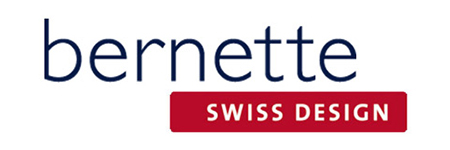 Bernette
Bernette  Bernina
Bernina 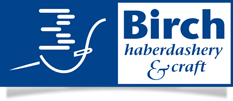 Birch
Birch 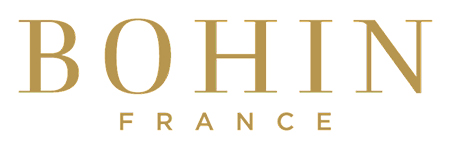 Bohin
Bohin 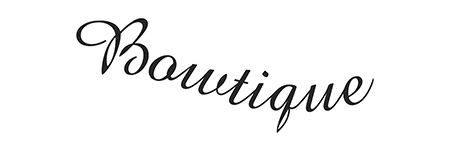 Bowtique
Bowtique 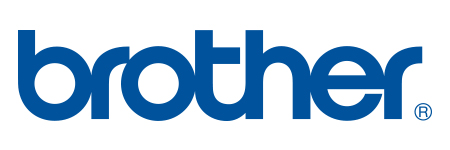 Brother
Brother  Camelot Fabric
Camelot Fabric 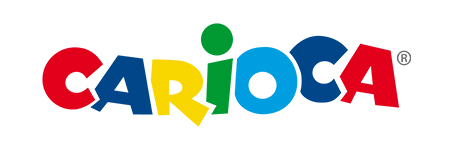 Carioca
Carioca  Celebrate
Celebrate  Classic Knit
Classic Knit 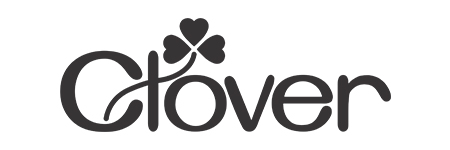 Clover
Clover  Country Threads by Fiona Jude
Country Threads by Fiona Jude  Craft for Kids by BMS
Craft for Kids by BMS  Daylight Lamps
Daylight Lamps 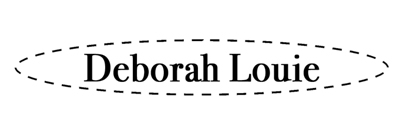 Deborah Louie
Deborah Louie 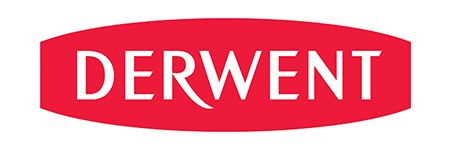 Derwent
Derwent  Diamond Dotz
Diamond Dotz  Disney
Disney  DMC
DMC 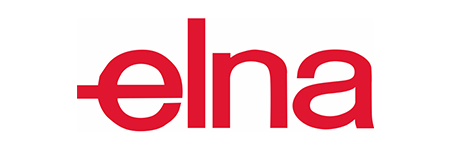 Elna
Elna 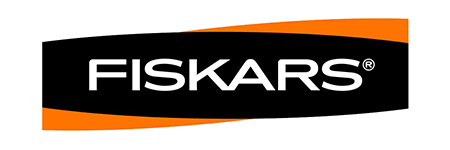 Fiskars
Fiskars 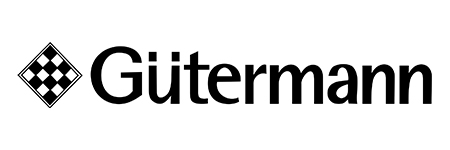 Gutermann
Gutermann  Habee Savers
Habee Savers 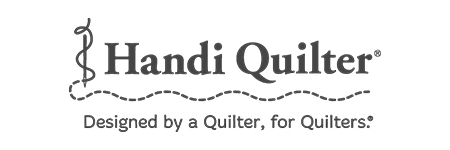 Handi Quilter
Handi Quilter 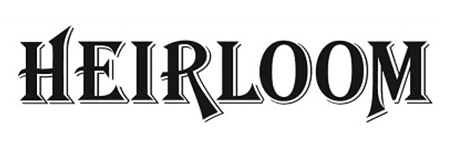 Heirloom
Heirloom 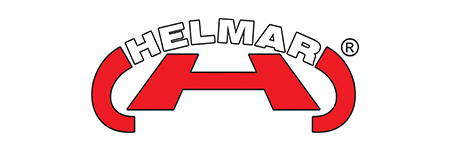 Helmar
Helmar 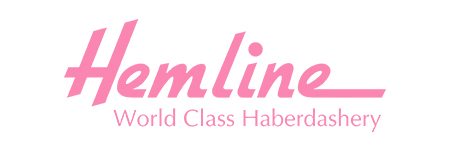 Hemline
Hemline  Hobbysew
Hobbysew 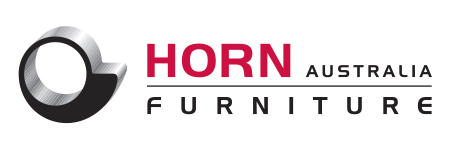 Horn
Horn 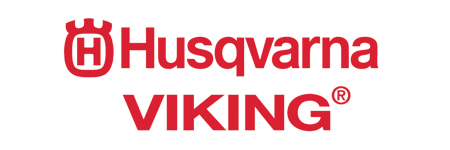 Husqvarna
Husqvarna 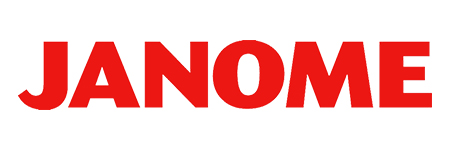 Janome
Janome  Juki
Juki 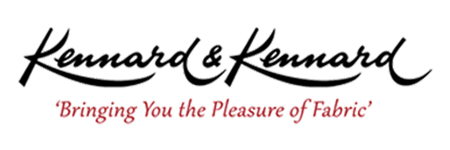 Kennard & Kennard
Kennard & Kennard 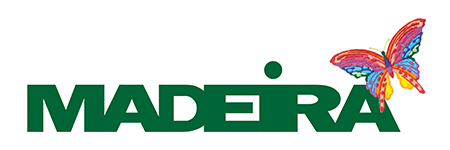 Madeira
Madeira 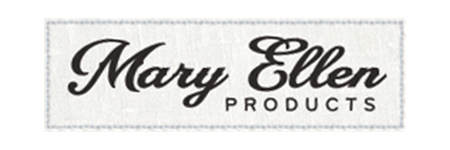 Mary Ellen
Mary Ellen  McCall's
McCall's 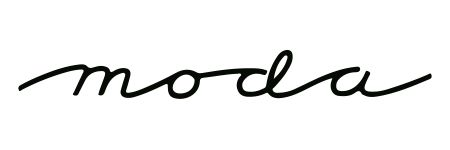 Moda
Moda 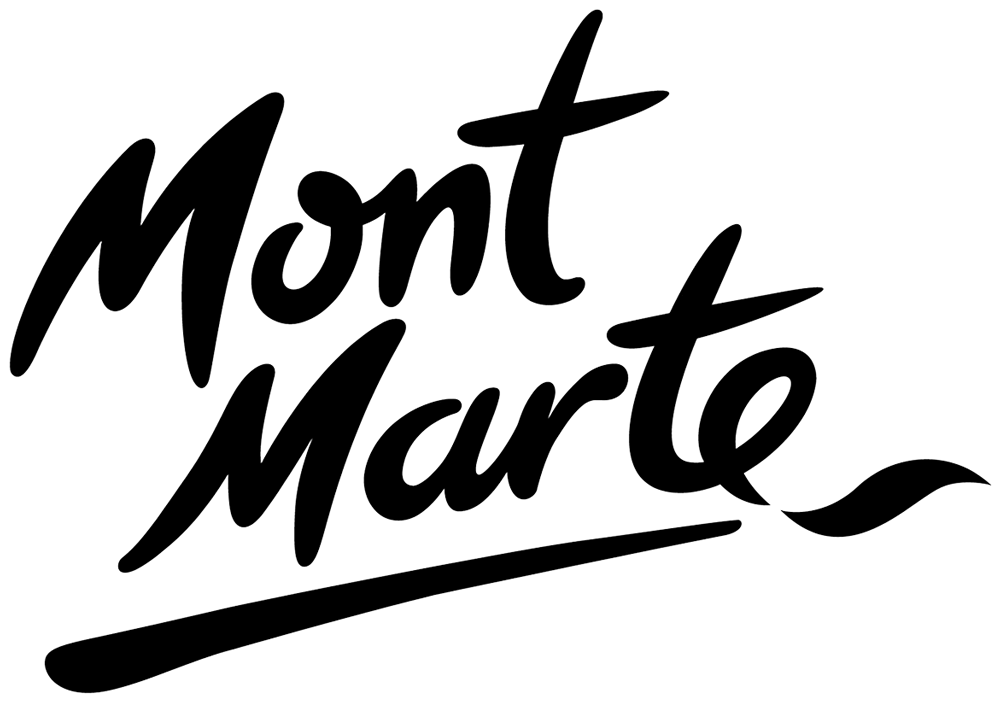 Mont Marte
Mont Marte  Naeo
Naeo 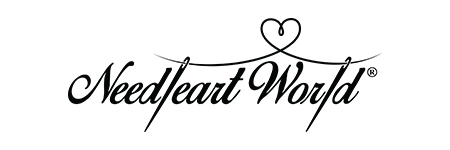 Needleart World
Needleart World 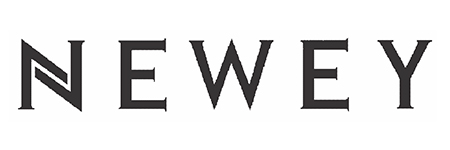 Newey
Newey 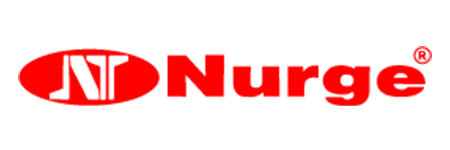 Nurge
Nurge 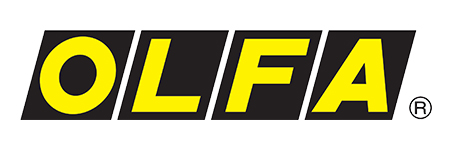 Olfa
Olfa  Oliso
Oliso  OttLite
OttLite 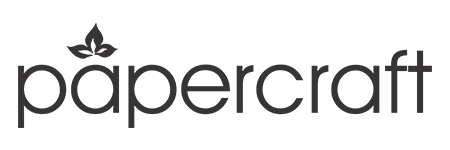 Papercraft
Papercraft 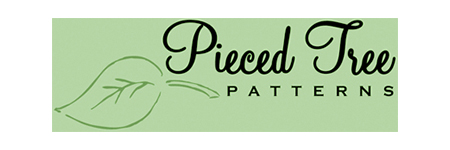 Pieced Tree Patterns
Pieced Tree Patterns  Pony
Pony 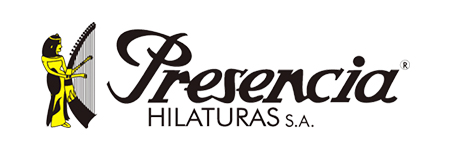 Presencia
Presencia  QA
QA  Rasant
Rasant  Riley Blake Designs
Riley Blake Designs 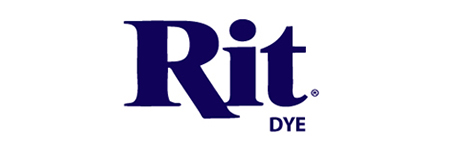 Rit
Rit 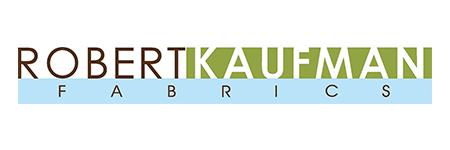 Robert Kaufman
Robert Kaufman 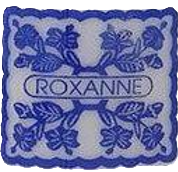 Roxanne
Roxanne 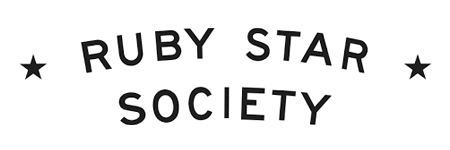 Ruby Star Society
Ruby Star Society  Sakura
Sakura  Sashiko
Sashiko  Schmetz
Schmetz  SevenBerry
SevenBerry 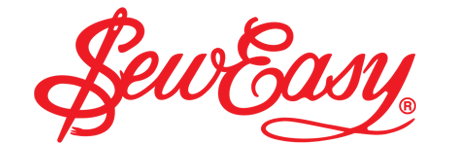 Sew Easy
Sew Easy  Sew Tasty
Sew Tasty 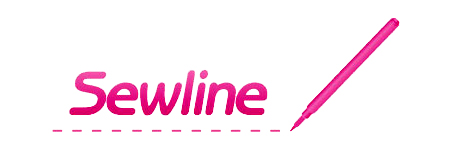 Sewline
Sewline 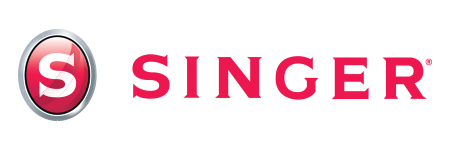 Singer
Singer  Superior Threads
Superior Threads 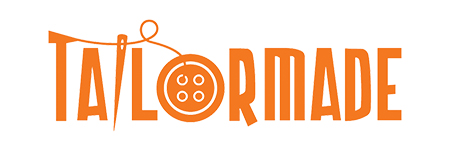 Tailormade
Tailormade  TeeBond
TeeBond  The Grace Company
The Grace Company  Thermoweb
Thermoweb  Tilda
Tilda 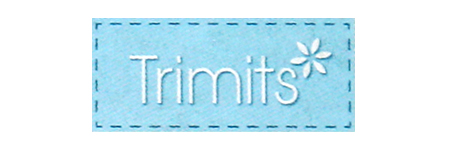 Trimits
Trimits 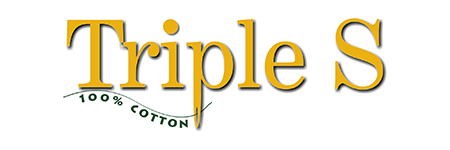 Triple S
Triple S 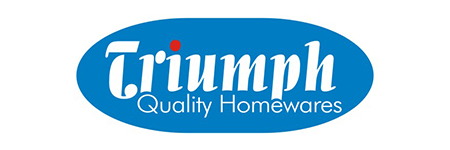 Triumph
Triumph 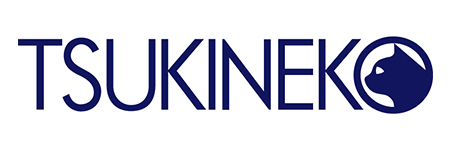 Tsukineko
Tsukineko 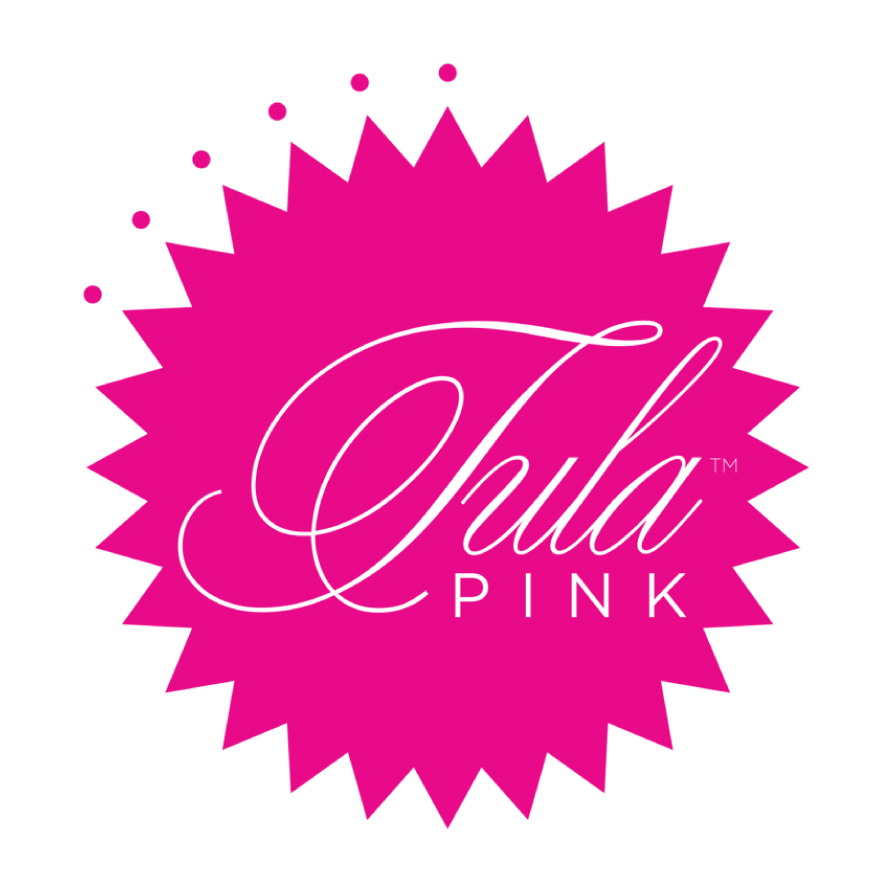 Tula Pink
Tula Pink 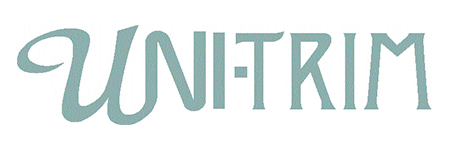 Uni-Trim
Uni-Trim 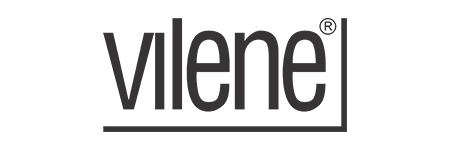 Vilene
Vilene 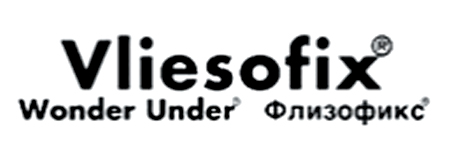 Vliesofix
Vliesofix 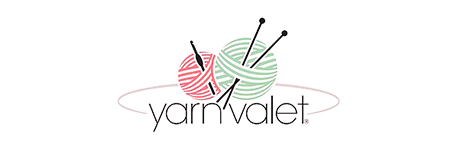 Yarn Valet
Yarn Valet  YKK
YKK 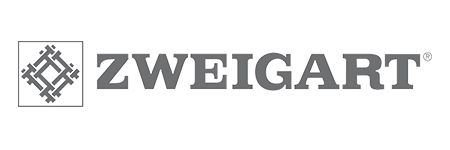 Zweigart
Zweigart